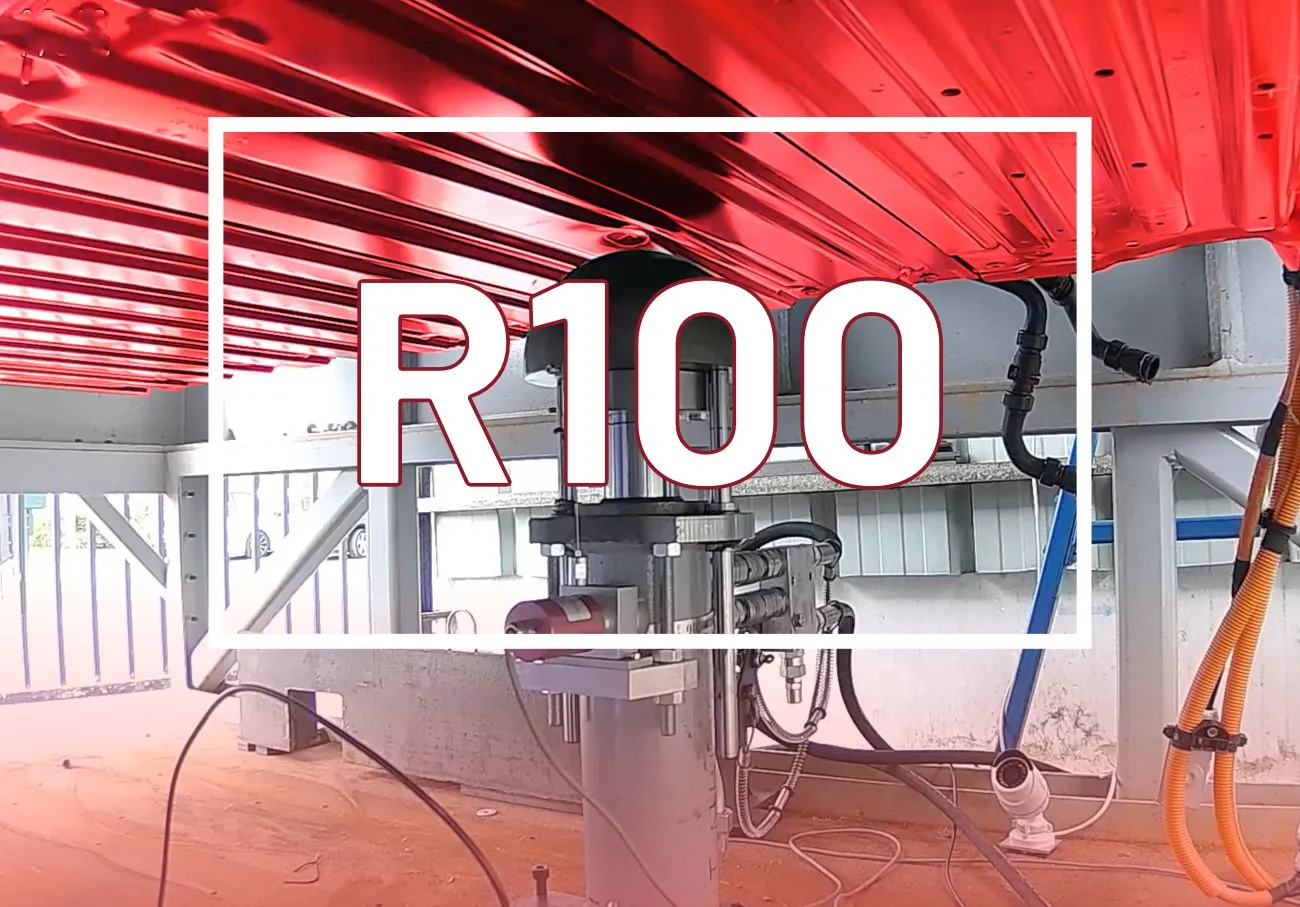Abusive thermal testing of batteries, modules and cells
Assess how your batteries react to heat, fire and thermal propagation

Why are thermal tests in the category of abusive tests?
- Undergo a thermal runaway,
- Spread an incident from one cell to another,
- Release flammable or toxic gases,
- Cause a fire or explosion.
What standards and benchmarks are covered?
UN 38.3 (test T.5, T.6, T.7)
R100 (thermal and propagation tests)
UL 2580 / UL 1973 / UL 1642 ISO 12405 / IEC 62660 / IEC 62133 ...
Types of thermal tests proposed for abuse tests
Over-temperature
- Progressive heating in a climatic chamber or using a heating element.
- Observation of thermal behaviour up to the critical threshold.
- Validation of mechanical, electrical and chemical resistance.
Thermal propagation (Themal runaway)
- Trigger a runaway in one cell of a module or pack.
- Observe thermal transmission to neighbouring cells.
- Assessment of anti-propagation design and safety devices.
Exposure to fire (fire resistance)
- Direct flame application or immersion in a simulated fire.
- Reproduction of vehicle or industrial fire conditions.
- Monitoring of ignition, projections, pressure and gases.
Talk to our battery abuse test experts
Our dedicated technical resources within the Emitech Group
- Climatic chambers (-60°C to +180°C).
- Reinforced and ventilated fire test chambers.
- Controlled runaway triggers.
- Thermal cameras, temperature, pressure and gas sensors.
- High-speed video and integrated security systems.
What guarantees of safety and risk management does the Emitech Group implement?
- Confined test areas with automatic extinction.
- Specific protocols for high-capacity batteries.
- Management of toxic gases, residues and combustion products.
Why choose the Emitech Group for your abuse tests?
- Recognised expertise in thermal testing and lithium-ion batteries.
- Secure facilities for destructive testing at extreme temperatures.
- Integration into comprehensive safety validation plans.
Needs
Discover a selection of additional resources that explore topics related to this page including regulatory contexts, technical articles, and specific areas of expertise. These materials provide further insight to help you better understand the key challenges and available solutions.
Contact us for a quote






